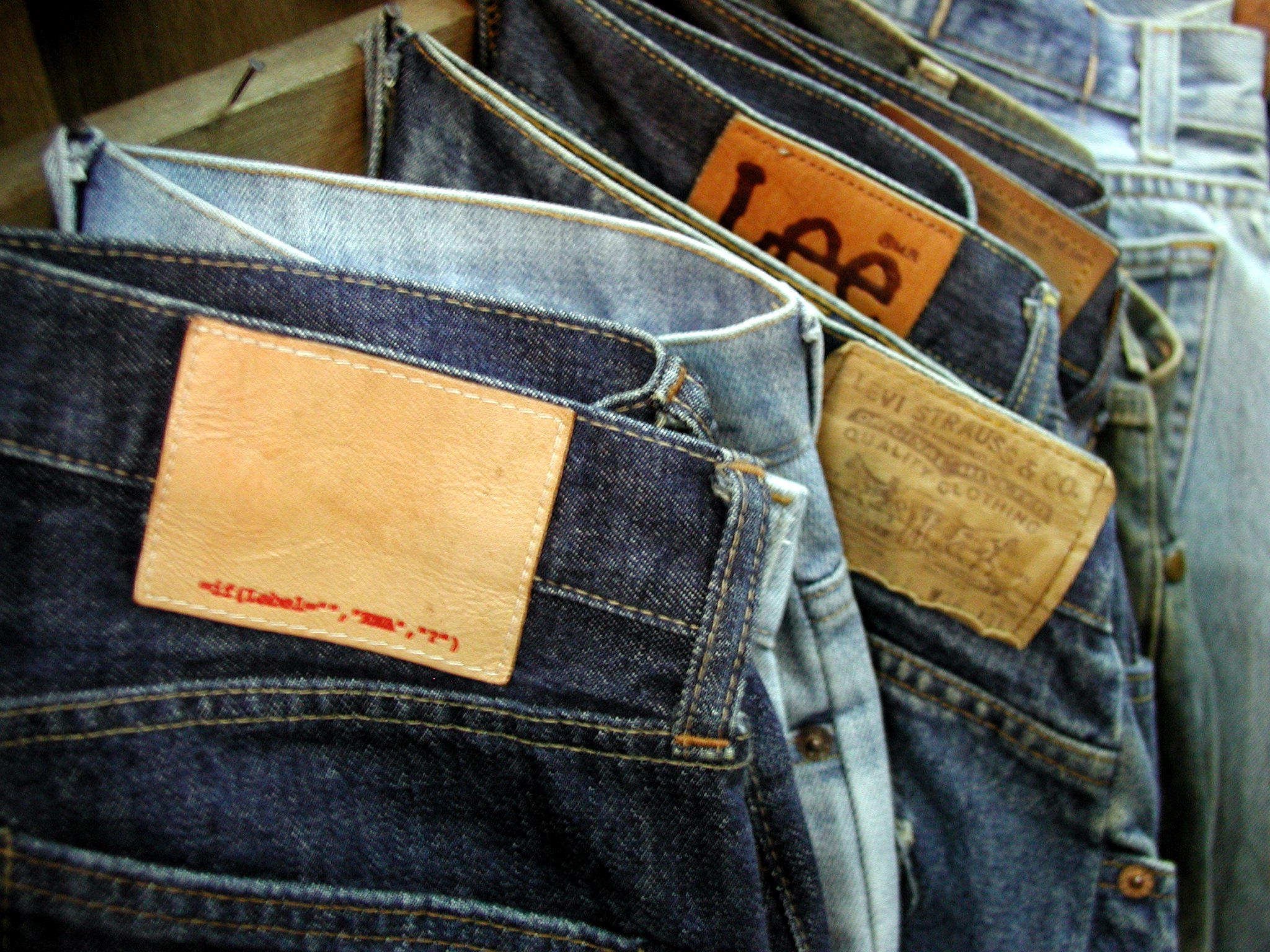Trademarks are protected in the US by both civil and criminal statutes. Civil lawsuits can be brought under the Lanham Act by private parties alleging trademark infringement. However, in appropriate circumstances, the government can bring criminal charges of trafficking the goods that infringe on protected trademarks. In this sense, trafficking is used in the same manner as trafficking in illegal drugs or similar criminal behavior.
Trafficking in trademarked goods is criminalized under the Trademark Counterfeiting Act. See 18 U.S.C. § 2320. Under subsection f(5), “trafficking” is defined to means “… to transport, transfer, or otherwise dispose of, to another, for purposes of commercial advantage or private financial gain, or to make, import, export, obtain control of, or possess, with intent to so transport, transfer, or otherwise dispose of.”
To obtain a conviction for trademark trafficking, the government must prove beyond a reasonable doubt one of the following:
- The accused trafficked in goods or services and knowingly uses a counterfeit mark on or in connection with such goods or services OR
- The accused trafficked in labels, patches, stickers, wrappers, badges, emblems, medallions, charms, boxes, containers, cans, cases, hang tags, documentation, or packaging of any type or nature, knowing that a counterfeit mark has been applied thereto, the use of which is likely to cause confusion, to cause mistake, or to deceive OR
- The accused trafficked in goods or services knowing that such good or service is a counterfeit military good or service the use, malfunction, or failure of which is likely to cause serious bodily injury or death, the disclosure of classified information, impairment of combat operations, or other significant harm to a combat operation, a member of the Armed Forces, or to national security OR
- The accused trafficked in a drug and knowingly uses a counterfeit mark on or in connection with such drug OR
- Attempts or conspires to do any of the above in paragraphs (1) through (4)
As can be seen, the accused must KNOWINGLY engage in prohibited behavior. Thus, intent must be proven by the government. Further, that the trademark or service mark is a counterfeit. Note that because of how “trafficking” is defined, the sale of even one item that has a counterfeit trademark or service mark can be prosecuted.
The crime of trademark trafficking is a felony with a potential term of imprisonment and a $2 million fine for the first offense.
The Trademark Counterfeiting Act specifically allows an accused to defend against the charges by using any and all “defenses, affirmative defenses, and limitations on remedies that would be applicable in an action under the Lanham Act.” For example, invalidity or abandonment of a trademark are potential legal defenses under the Lanham Act. Thus, if an accused could prove either of those, then they might avoid conviction under the Trademark Counterfeiting Act. The government’s burden of proof is “beyond a reasonable doubt.” However, for legal defenses, the burden lies with the accused and must be shown by a “preponderance of the evidence.”
For more information or if you have questions about creating and registering a trademark, contact the trademark lawyers at Revision Legal at 231-714-0100.




